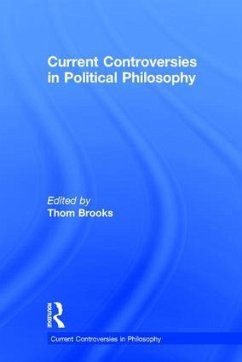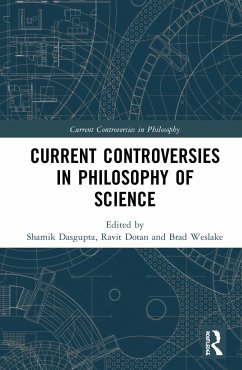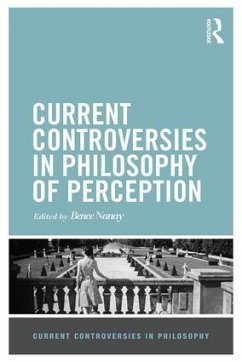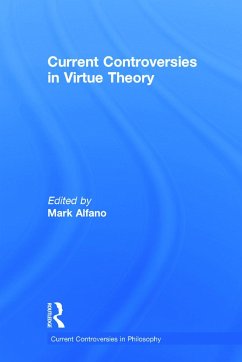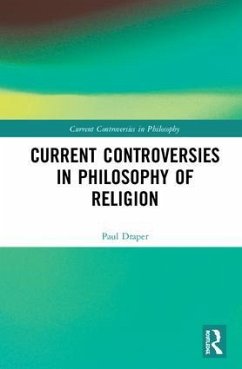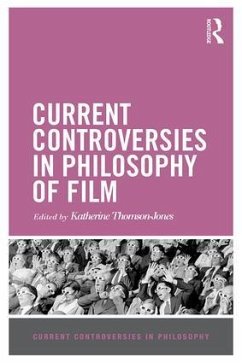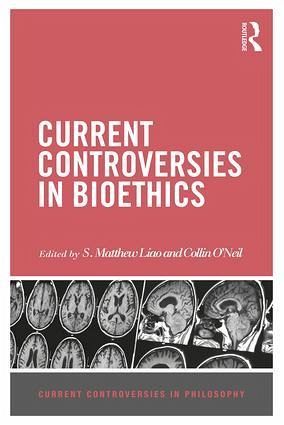
Current Controversies in Bioethics

PAYBACK Punkte
88 °P sammeln!
Historically, bioethics has been associated with issues in research ethics and clinical ethics as a result of research scandals such as the Tuskegee Syphilis Study and public debates about the definition of death, medical paternalism, health care rationing, and abortion. As biomedical technologies have advanced, challenging new questions have arisen for bioethics and new sub-disciplines, such as neuroethics and public health ethics, have entered the scene. This volume features ten original essays on five cutting-edge controversies in bioethics written by leading philosophers. I. Research Ethic...
Historically, bioethics has been associated with issues in research ethics and clinical ethics as a result of research scandals such as the Tuskegee Syphilis Study and public debates about the definition of death, medical paternalism, health care rationing, and abortion. As biomedical technologies have advanced, challenging new questions have arisen for bioethics and new sub-disciplines, such as neuroethics and public health ethics, have entered the scene. This volume features ten original essays on five cutting-edge controversies in bioethics written by leading philosophers. I. Research Ethics: How Should We Justify Ancillary-Care Duties? Separate contributions from Henry S. Richardson and S. Matthew Liao & Collin O'Neil II. Clinical Ethics: Are Psychopaths Morally Accountable? Separate contributions from Dana Kay Nelkin and Agnieszka Jaworska III. Reproductive Ethics: Is There a Solution to the Non-Identity Problem? Separate contributions from Melinda A. Roberts & David T. Wasserman and Saul Smilansky IV. Neuroethics: What Is Addiction and Does It Excuse? Separate contributions from Timothy Schroeder & Nomy Arpaly and Neil Levy V. Public Health Ethics: Is Luck Egalitarianism Implausibly Harsh? Separate contributions from Zofia Stemplowska and Nir Eyal S. Matthew Liao and Collin O'Neil's concise introduction, the annotated bibliographies and study questions for each controversy, and the supplemental guide to additional current controversies in bioethics give the reader a broad grasp of the different kinds of challenges today in bioethics.







